What Is diagnostic services
Diagnostic services are the cornerstone of effective medical care, serving as the starting point for identifying, monitoring, and understanding a wide range of health conditions. With advancements in medical technology, diagnostics have evolved to provide highly detailed insights that allow doctors to develop precise, personalized treatment plans.
In any healthcare journey, diagnostics often play the first critical role. They help detect diseases at an early stage, long before symptoms might become apparent, allowing for proactive measures and better health outcomes. When a patient presents symptoms, diagnostic tools help uncover the underlying causes, which are not always immediately clear. For chronic conditions, diagnostic testing allows healthcare providers to monitor the disease’s progression, adjusting treatment plans to ensure optimal care over time.
The value of diagnostic services extends beyond identifying diseases; it empowers patients with information about their own health. Knowledge gained from diagnostic tests can clarify treatment options and encourage patients to take proactive steps for well-being. When patients understand their condition, they are more likely to adhere to treatment plans and engage in preventive care.
How Can You Be Prepared
Diagnostic services encompass various procedures, including blood tests, imaging, and specialized screenings. Blood tests, for instance, offer a wealth of information about organ function, immune responses, and markers for conditions like diabetes, cholesterol issues, and infections. Imaging services like X-rays, MRIs, and CT scans visualize internal structures and reveal abnormalities that can’t be seen in physical exams. These tools enable doctors to look beneath the surface to identify fractures, growths, or inflammation, making them essential for conditions affecting bones, organs, and tissues. Additionally, screenings like mammograms and colonoscopies are crucial for early cancer detection, allowing for timely interventions.
Precision is the hallmark of effective diagnostics, made possible by advanced equipment and skilled professionals interpreting the results. Modern diagnostic technology leverages artificial intelligence, high-resolution imaging, and molecular testing techniques, which have all improved the accuracy and speed of diagnosis. Specialists in diagnostic services—radiologists, lab technicians, and pathologists—bring expertise to the interpretation process, ensuring results are as reliable as possible. This collaboration between technology and human insight is essential for producing results that guide high-quality care.
Book an Appointment for Serial
Book an Appointment for Expert Care Today! Get Personalized Heart Health Solutions.





